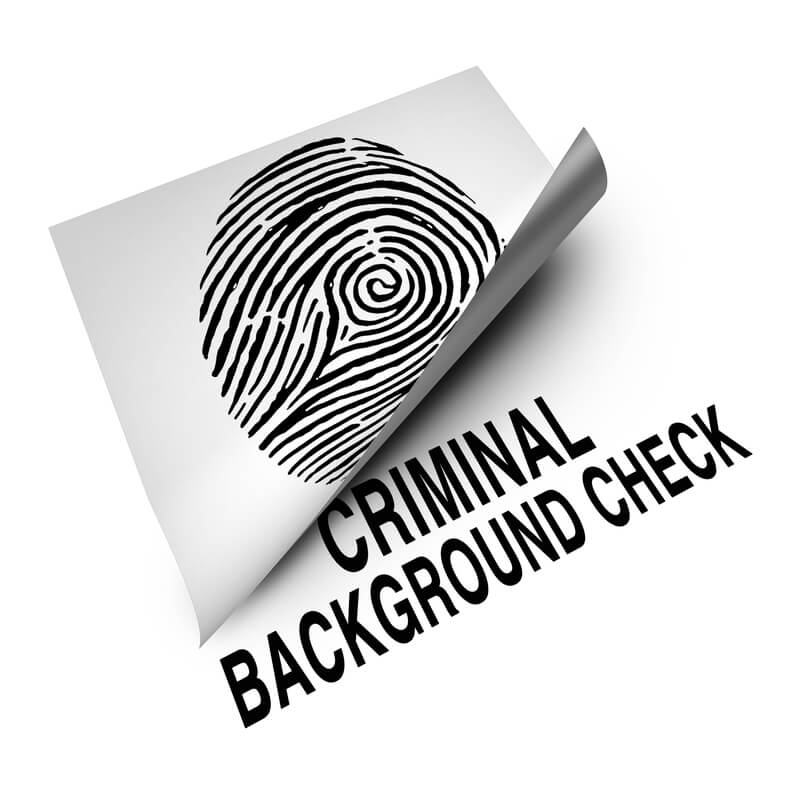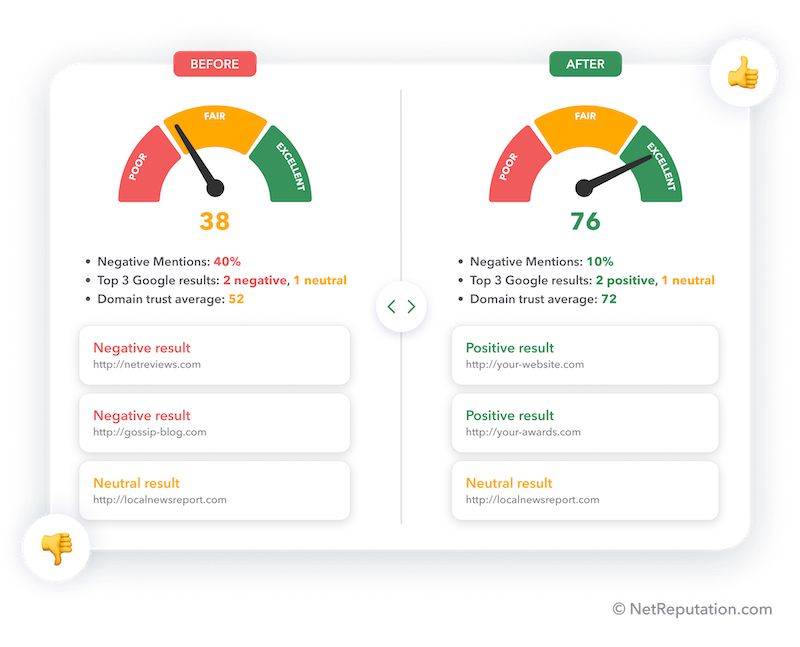If you were arrested recently only to find your mugshot on the internet, you may be justifiably wondering how long do mugshots stay online.
The sad truth is that a mugshot can be online for years. And, what’s worse: they are accessible to people you might want to work for, date, or borrow money from.
We all do things we aren’t proud of. But it’s not fair that your criminal records should stay with you long past your last court date. Worse, you might never get a chance to explain your arrest to someone who sees your mugshot online!
How Long Do Mugshots Stay Online?
Without anyone taking action, your mugshot and arrest records may remain online indefinitely. And anyone can find them simply by googling your name.
It’s not crazy or unusual to find such information from events that happened a decade or more ago. So, here’s the problem…once Google indexes the information and third-party websites pick it up, it remains in search results long after those who originally posted it removed it from their site.
How Long After My Arrest Can You Find My Mugshot Online?
Your arrest photo and information can show up online in as few as six hours after your arrest. Search engines may then index that image in 1-5 days. And once it’s indexed, employers and lenders can find it easily after a quick name search.
Is It Illegal To Post Mugshots Online?
Since arrest photos and information are part of the public record, it’s not illegal (in most states) to post such information online.
A few states prohibit the posting of mugshots and arrest information by third-party websites. These include California, Colorado, Connecticut, Florida, Georgia, Missouri, New Jersey, New York, Oregon, South Carolina, Texas, Utah, and Virginia. Obviously, that still leaves 37 others.
How Does Mugshot Removal Work?
After learning the answer to how long do mugshots stay online, the next questions people have are “how do I find my mugshot” and “how can I get it removed”?
Once search engines index your arrest information, it can be difficult to remove all online traces yourself. This is because dozens of mugshot publication websites specialize in arrest information and mugshots. They grab public information from local, state, and federal websites and repost it on their own sites.
You may wonder…what’s in it for them?
Well, money, of course! These sites lure in curiosity seekers and those googling names of arrestees using Google Ads and other similar strategies that earn them referral dollars.
You can try to remove information from each website by contacting the webmaster and requesting removal. However, there’s no guarantee the site will honor your request.
You can also petition the court to seal your records – or contact search engines like Google and Bing to ask for their help.
When you hire us, you get several advanced marketing tools to ensure all traces of your mugshots are gone from the internet and unavailable in search. Our methods work in seven days or less. Moreover, you don’t have to be concerned about pulling your “good” information from the internet. We only leave the stuff you want people to see.
Will Google Remove Mugshots?
When it comes to how long do mugshots stay online, Google occasionally helps remove information that is already indexed and online via the US Freedom of Information Act.
However, this type of action is rare. There should be a compelling reason for search engine companies to take action. This might be that the information concerns a minor, or the court has expunged the records. Even in the best scenario, this process can take months.
Should I Just Pay Mugshots Websites To Take It Down?
Some mugshot websites take down information for a (rather hefty) fee.
You may succeed in removing your online arrest records from that one site. But there’s no guarantee that another third-party site won’t pick it up and post it.
What Are The Steps To Remove My Mugshot?
We make it easy to work with us. All you have to do is fill out the convenient form on our website. Then, we will contact you within a day to discuss your situation. After that, we give you a free analysis and fee estimate.
If you decide that our mugshot removal service is right for you, we start working on removing your information from the internet right away. The mugshot removal process can take up to five days. Within seven days, all information should be erased from search engines.
How Much Does It Cost To Remove a Mugshot?
Our fees depend on the amount of information we remove. Obviously, multiple arrests take more time and are more expensive. We let you know upfront how much your mugshot removal project will cost so that you can make an informed decision. We also offer a full money-back guarantee if we don’t deliver complete satisfaction with our service.
To learn more about how long do mugshots stay online and how to remove your mugshot from search engines, contact us today for a free removal analysis.
You might also like:





